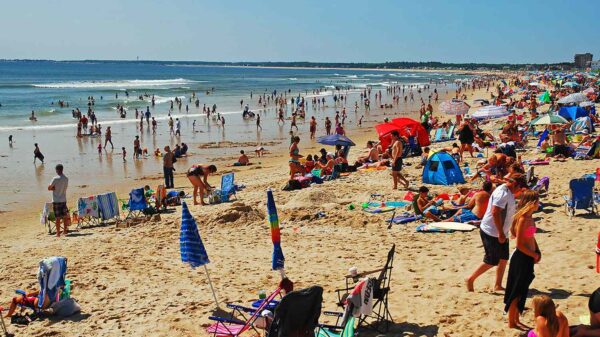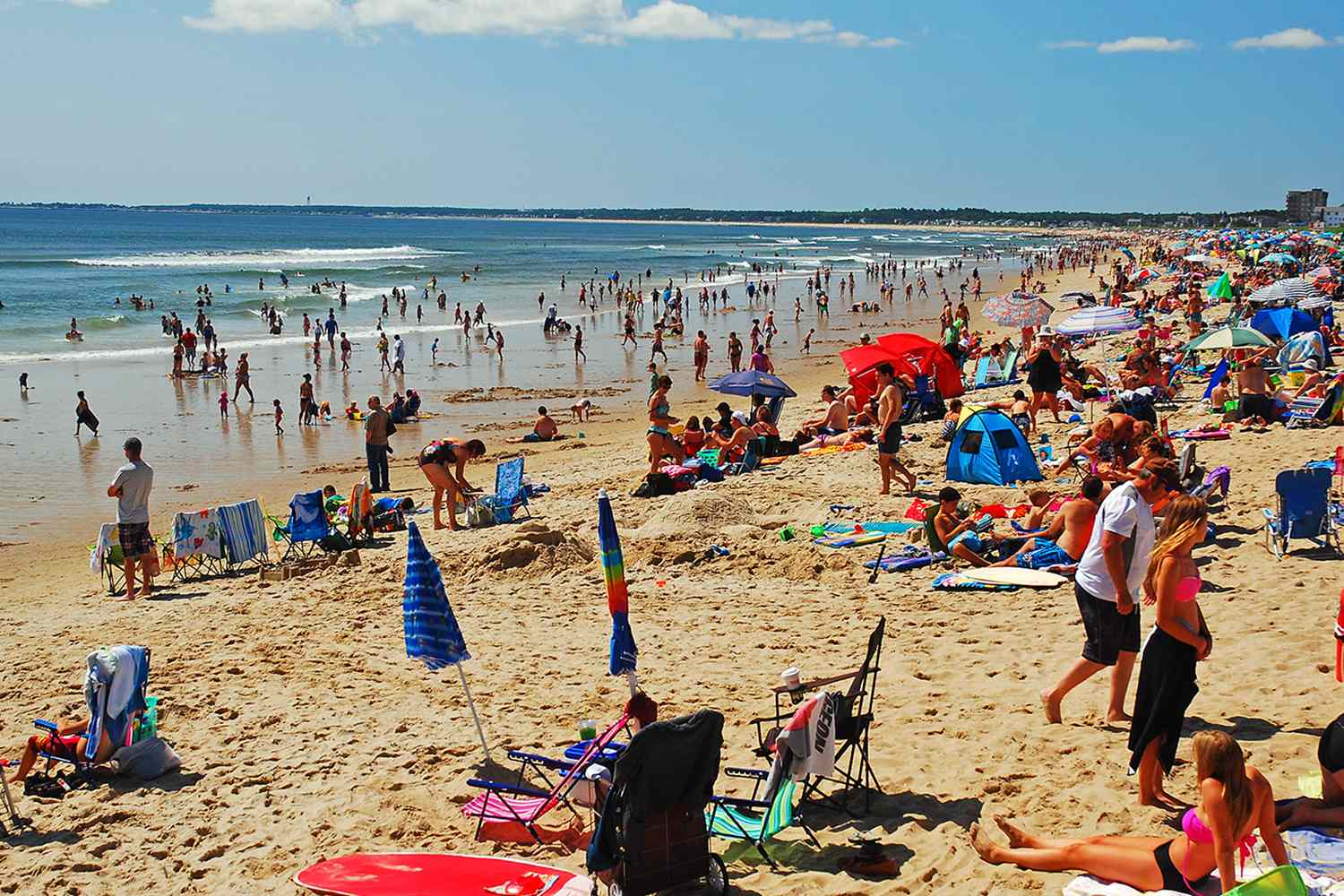NEED TO KNOW
- Families hitting the beach this Labor Day weekend may be impacted by beach closures due to fecal contamination in the water
- The increased bacteria concentrations tied to feces, including E. coli and enterococcus bacteria, are impacting areas from coast to coast
- Bacteria can enter beaches via stormwater runoff, failing septic systems, leaking sewer pipes and sewer overflows, among other sources
Families hoping to hit the beach this Labor Day weekend may find themselves with limited options as a range of beaches are experiencing unhealthy amounts of fecal contamination.
The increased bacteria concentrations tied to feces, including E. coli and enterococcus bacteria, are impacting areas from coast to coast, the Associated Press reported.
In the past week, many destinations, from Benjamin’s Beach on Long Island in New York to Keyes Beach in Barnstable, Mass. have been hit with closures during what would typically be a busy season for swimming, the AP added.
The toxic water quality is not new this summer. A research group, Environment America, noted that last year, 1,930 out of 3,187 beaches (61%) tested nationwide “experienced at least one day on which indicators of fecal contamination reached potentially unsafe levels.”
Further, 453 beaches, or about one in seven tested across the country in 2024, “had potentially unsafe levels of fecal contamination on at least 25% of the days on which testing took place,” researchers found.
Bacteria can enter beaches via stormwater runoff, failing septic systems, leaking sewer pipes and sewer overflows, among other sources, according to Massachusetts’ Public Health Department and Bureau of Climate and Environmental Health. Swimming in the impacted waters can lead to nausea, vomiting, fever and chills, in addition to other symptoms.
Never miss a story — sign up for PEOPLE’s free daily newsletter to stay up-to-date on the best of what PEOPLE has to offer, from celebrity news to compelling human interest stories.
Swimmers looking for information on instances of pollution in their area can find information via the Environmental Protection Agency’s Beach Advisory and Closing On-Line Notification system.
Read the full article here

















